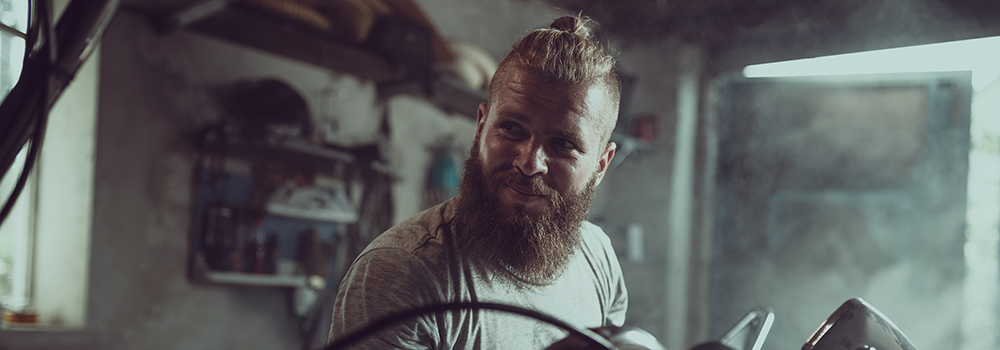People struggling with substance use issues face many barriers to recovery, the majority of which are internal. These individuals may have trouble admitting that they have a problem or asking for help. Maybe they fear the stigma of having a substance use disorder, the process of detoxing, or various aspects of treatment. One common barrier is that people with substance use issues often see their substance use as part of their identity.
Some people find a sense of identity or belonging from the addict lifestyle or among people who drink heavily and/or use drugs. Perhaps they have fear around losing friends or the only sense of purpose they’ve ever known. Others might be afraid of the common notion that they’ll never have fun again once they get sober. While recovery will certainly change your behavior in some ways, there’s no need to fear the loss of your identity. Here’s why.
You’re Always Changing Anyways
The first thing to remember is that life changes no matter what. Think about what your life was like 10 years ago–where you lived, where you worked, if you worked, what kind of music you liked, how you dressed, who your friends were, and so on. Chances are that many or all of those things have changed, perhaps completely. Change is always inevitable and to some degree, the whole idea of a stable identity is just an illusion. You can either direct that change towards something better or you can end up wherever addiction takes you. Addiction is a progressive disease and it only gets worse. In the end, you will have to choose between positive change and negative change.
Your Personality Doesn’t Change, It Expands
Research on personality has found that personality traits are relatively stable over the course of a lifetime. The Big Five is the model of personality with the most evidence backing, used most commonly by psychologists. Traits in this model include openness, conscientiousness, extraversion, agreeableness, and neuroticism. These change only slightly throughout your life and some of them only change with deliberate effort.
Conscientiousness, for example, tends to increase slightly as you get older and neuroticism tends to decrease slightly. While this may outwardly seem like a change to some, it is better described as an expansion. For someone with low conscientiousness, going through treatment and spending a few years sober won’t turn you into Marie Kondo. However, it will help you to be more organized and focused when you need to be. Therefore, the change isn’t so much in your personality as it is in your capacity to utilize your personality traits effectively. thinking of change as expansion is both more accurate and more encouraging.
Looking for Help?
Recovering from addiction is not about turning into a different person. Rather, it’s about being a more realized version of yourself. People often feel like drugs and alcohol allow them to be themselves. Typically, what’s really happening is that drugs and alcohol temporarily weaken some other impediment to they’re authenticity. For example, alcohol might temporarily relieve social anxiety, allowing you to interact more freely. Treatment is about addressing the underlying issues driving your addictive behavior so that you can be yourself without needing drugs and/or alcohol. At Tree House Recovery of Portland, Oregon, we help men become the best versions of themselves, free from drugs and/or alcohol. To learn more about our unique treatment program, call us today at (503) 850-2474




